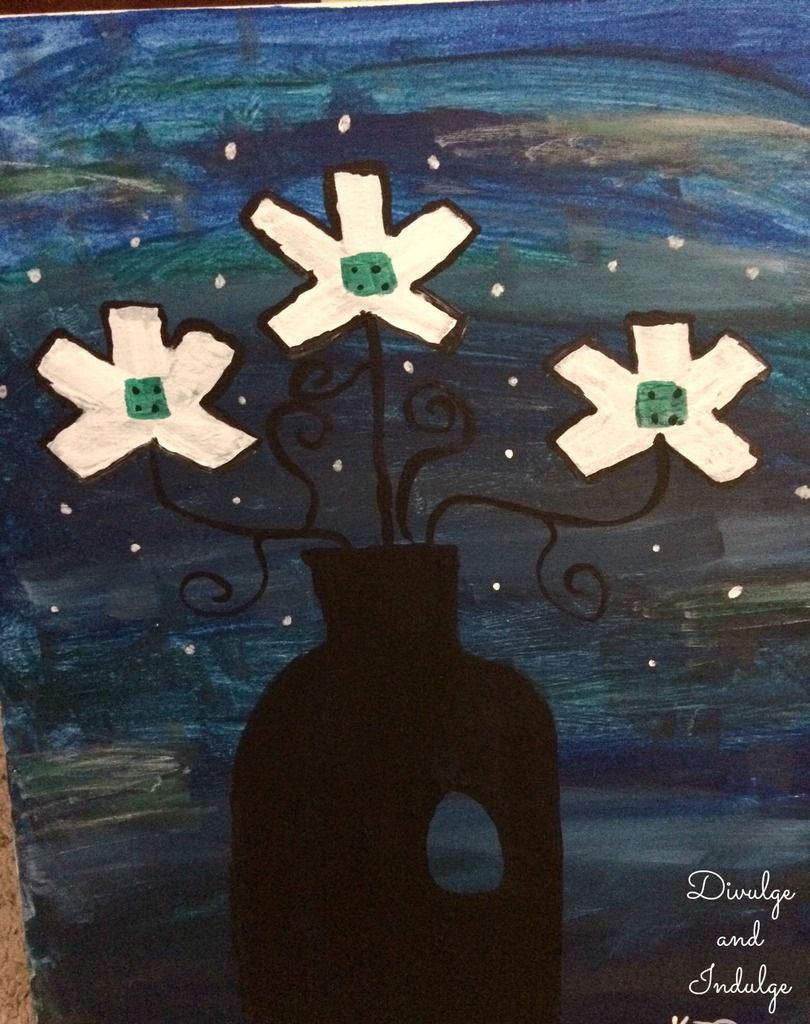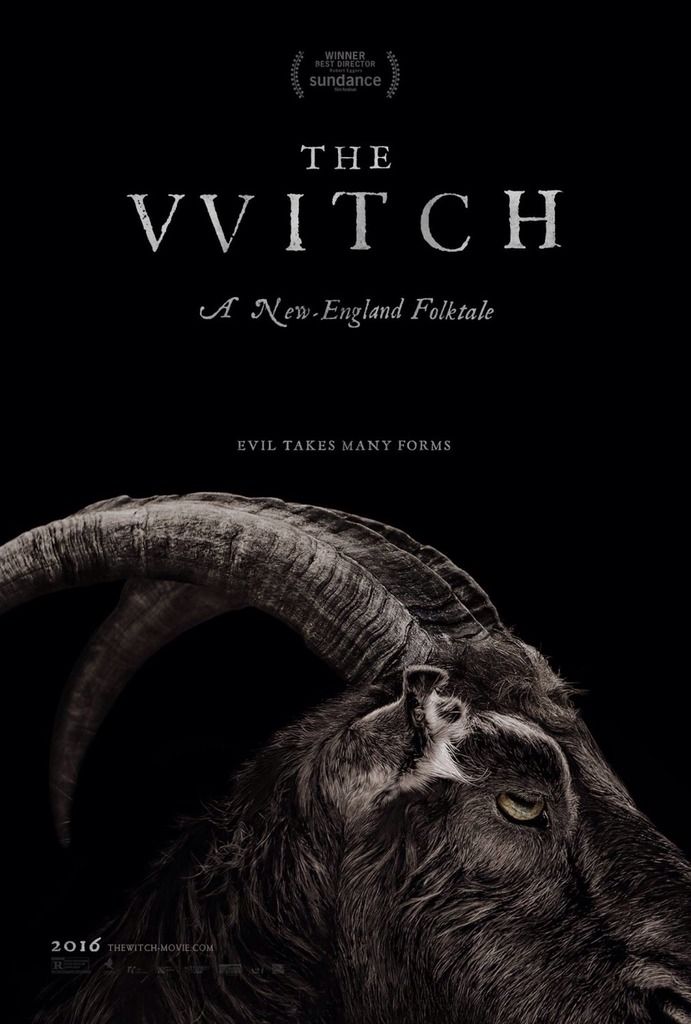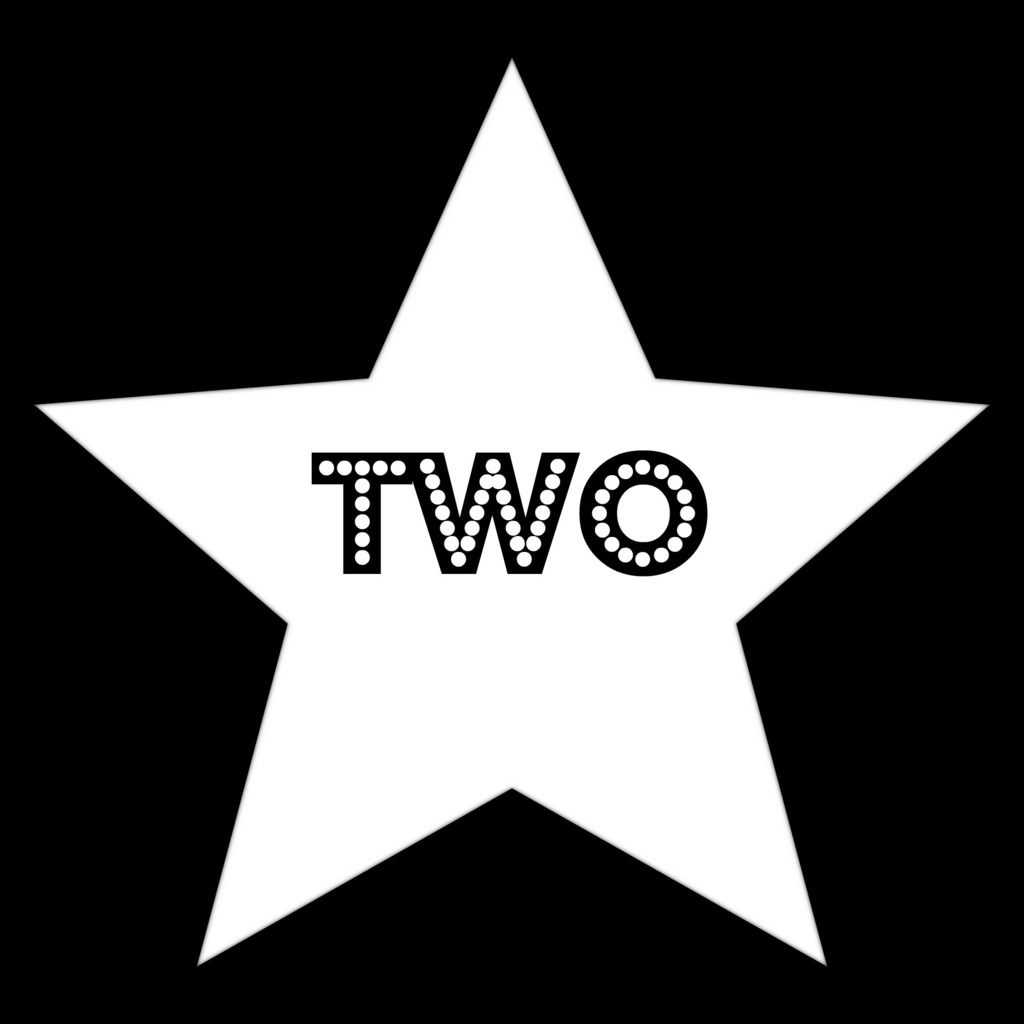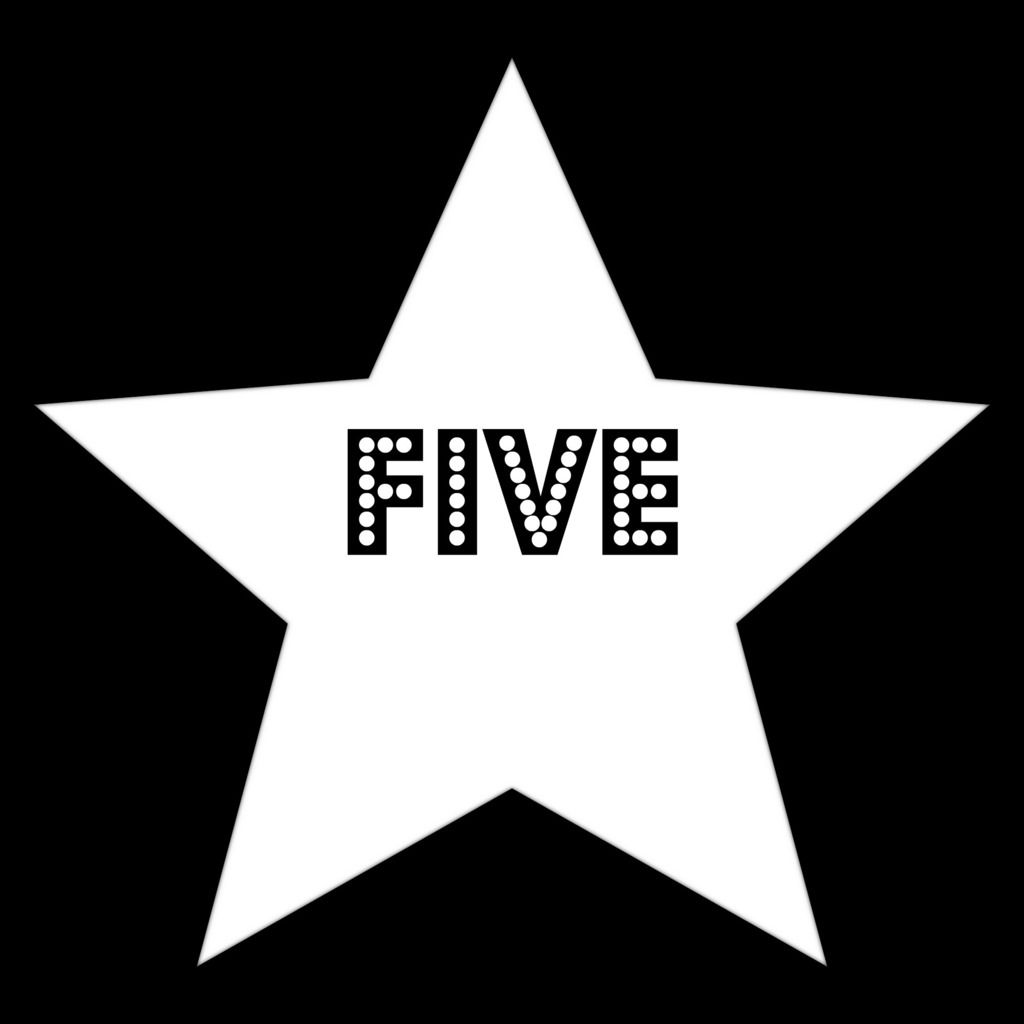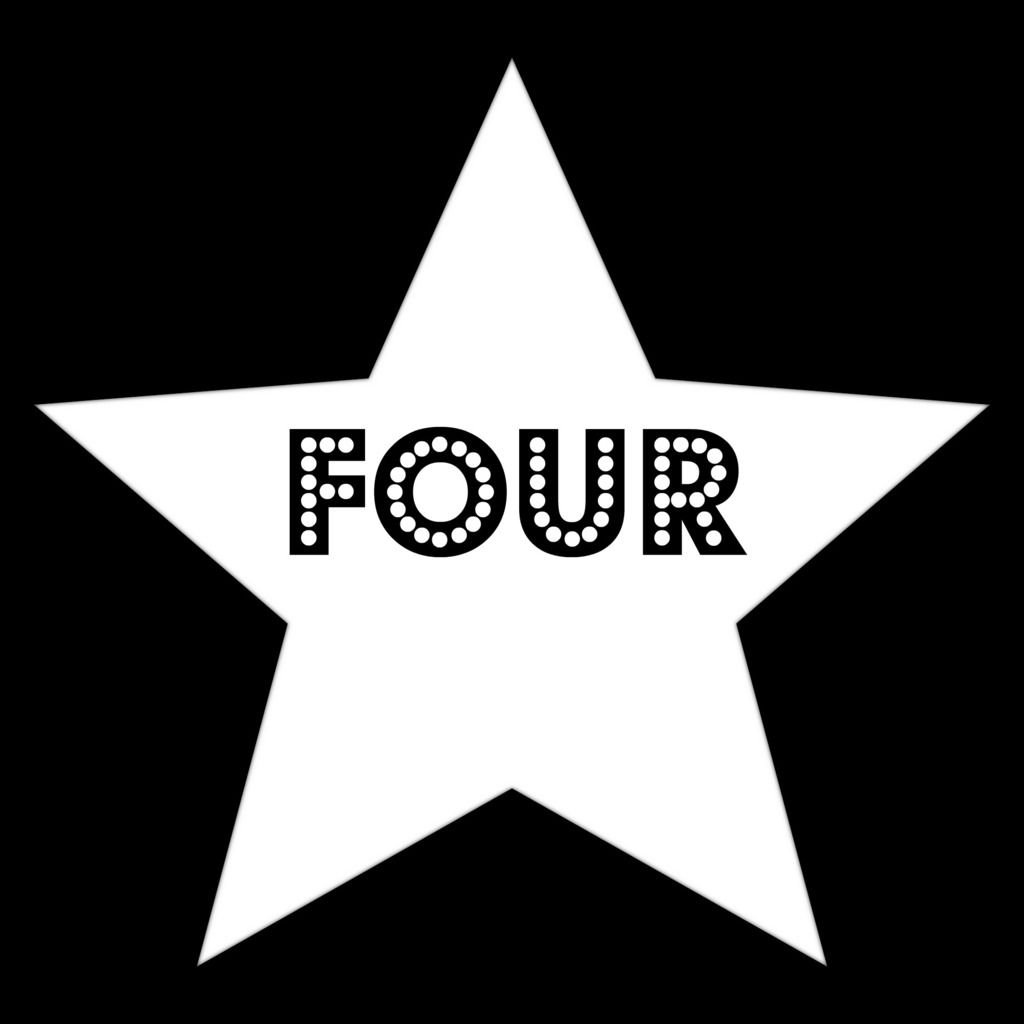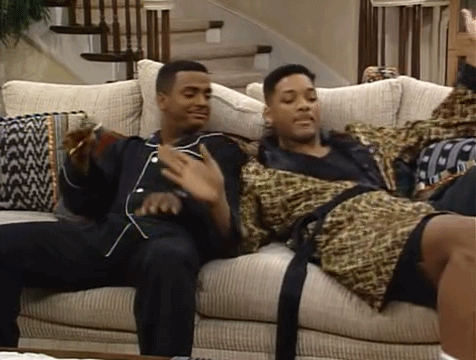As promised in this Tuesday's
Show Us Your Books! post, I'm sharing my more in-depth reviews of each of the books I discussed in that post.
I usually write my in-depth reviews first and then summarize them for the link-up, so you'll probably notice some similarities if you've already read that post. If you're interested in hearing a little more about why I did/didn't like a particular book, though, these reviews will give you that additional information. (I also just really enjoy writing out all of my thoughts on a book once I've finished it, so it's as much for me as it is for others who enjoy reading/talking about books!)
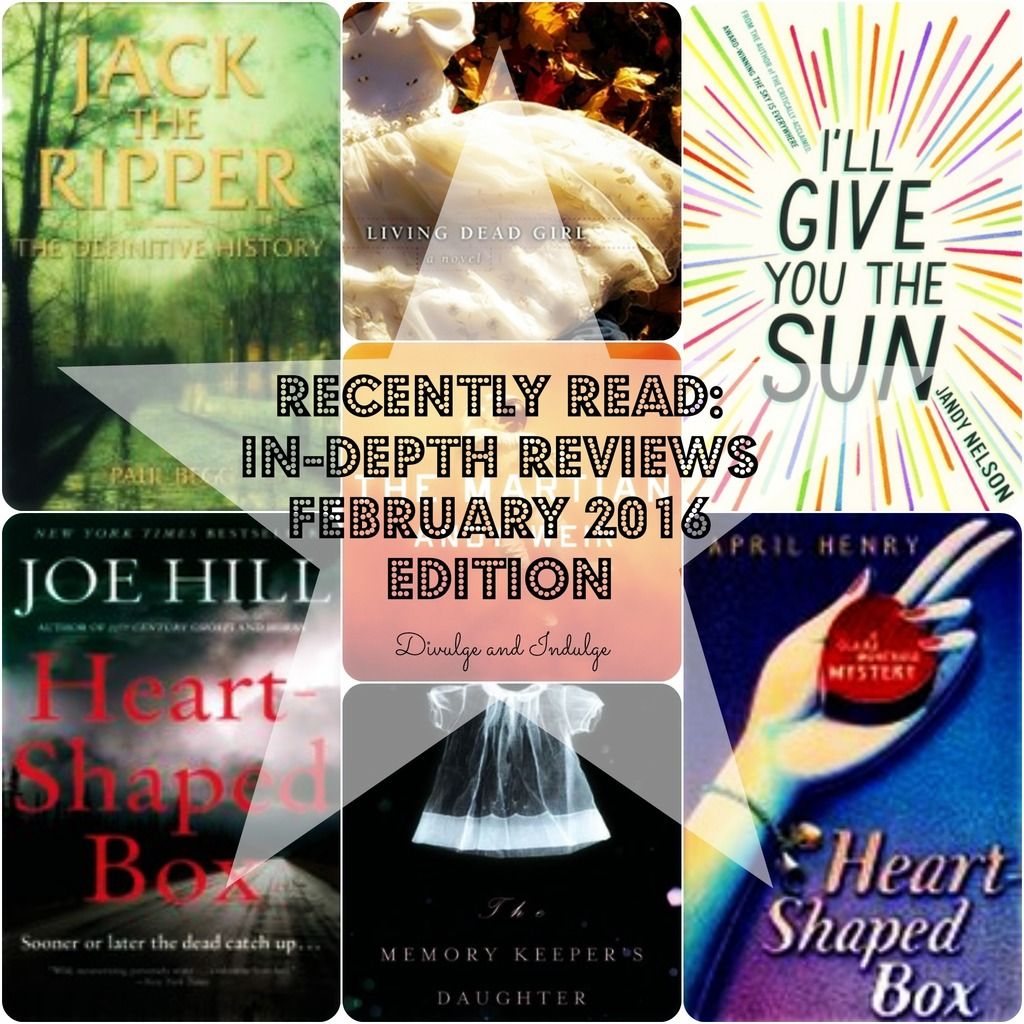
Jack the Ripper: The Definitive History by Paul Begg - 302 pages
Completed on 01/17/2016
I don't read a lot of nonfiction. It's not that I can't appreciate a well researched piece of work, it's just that I typically read to escape. I like losing myself in the world of fictional characters, experiencing the world through their eyes. It's not that I don't like any type of nonfiction ... I do. It's just that if I'm given the choice between a fiction or nonfiction book, I'll choose fiction at least 98% of the time.
When I read that I'd have to choose a nonfiction book for one of the categories in the
Semi-Charmed Winter Book Challenge, I knew I'd go with either true crime or a memoir. Memoirs can be very hit or miss for me, though, so I opted for true crime. It's the one nonfiction genre I'm most drawn to.
I went into this book thinking it would be like some of the other true crime I've read in the past. I mean, obviously there wouldn't be sections devoted to the discovery, arrest, and trial, but I still thought it might have some of the same qualities.
I was wrong.
I'm not going to say that
Jack the Ripper: The Definitive History was a terrible book because it really wasn't. Although there were a few discrepancies (at least once within the same page!), I thought Begg did an overall amazing job of researching not only the murders and theories of Jack's identity, but also the political and social climate in London at that time and exactly why the story of Jack the Ripper is so famous to this day.
Unfortunately, while the material was interesting and well researched, the writing was often extremely dry.
It's not that I expected it to be written like a story ... I didn't. Although some true crime writers choose to share their material in this way, I expected this particular book to be written a little more like an extensive magazine or newspaper article. Instead, there were chapters that made me feel like I was reading a history textbook: it was just a barrage of dates and times and locations and names. It felt like it took
forever to get through it.
On the upside, I learned a lot from this book. I had always assumed that Jack the Ripper was so famous because the mystery behind his identity was never solved. I didn't realize that there was much more to the story ... That these murders sort of became a representation of the changes in London at the time and the turmoil that existed between the upper and lower classes.
I also appreciated that Begg simply presented the facts and then lets the reader decide which suspect seemed most likely to have committed the crimes. Obviously no one currently alive truly knows who Jack the Ripper was, but it was fun to sort through the information and attempt to figure it out.
My personal opinion is that it was most likely George Chapman (real name Severin Klosowski), a surgeon from Poland. (According to this book, he was also Chief Inspector Abberline's favored suspect.) Although many people seem to discount Chapman and claim that many things that could make him appear guilty were mere coincidence, I find that a little hard to believe. There were more than a few things that made me think, "This guy
has to be the killer. There's no way there can possibly be
this many coincidences!" I could obviously be wrong (and, really, Begg's list of possible suspects may not even include the actual killer), but, based on what I read, Chapman seemed like the most logical choice.
But anyway ... Back to the review.
Although I felt like I learned a lot from this book, I only gave it 2 stars on Goodreads. It's not that it was bad ... I'd actually recommend it to anyone interested in learning more about Jack the Ripper and the political and social environment during the time of his murders. It's just that so much of it was a bunch of dry facts. Some parts were so boring that they'd put me to sleep within minutes of opening the book. (And that's probably why it took me almost a week to get through it!) Because of this, I couldn't really say I
liked it ... But I definitely didn't completely dislike it either.
Living Dead Girl by Elizabeth Scott - 170 pages
Completed on 01/18/2016
This little book has been on my "To Read" list for years. Way back in the day when I was still an avid user of LiveJournal (awww, remember LiveJournal?), I was part of one of their communities that focused on "disturbing" books. (And, if you've been reading my blog for any amount of time, this probably doesn't surprise you at all.)
Anyway, someone in that community once posted about
Living Dead Girl. I remember adding it to my list after reading their review, but, for whatever reason, I never picked it up. When I saw that it fit perfectly into the "read a book that's between 100 and 200 pages" category in the
Semi-Charmed Winter Book Challenge, I knew I'd finally get around to reading it.
And, let me just say, they weren't kidding when they recommended it to fans of "disturbing" books because it's incredibly fucked up. I couldn't believe what I was reading most of the time!
Living Dead Girl is told from the perspective of a 15-year-old girl who was kidnapped 5 years earlier and is still living with her captor, Ray, in an apartment complex just a few hours from where her family lives. He calls her "Alice," but that's not her real name. Ray wants to remake her into exactly who and what he wants her to be: a little girl who can never grow up and whose only purpose is to serve him in the most terrible, shocking ways.
As she gets older, Alice finds herself wishing for death more and more often. But Ray has something even more horrifying in mind for her.
This book actually reminded me a bit of an Austrian movie I watched a few years ago called
Michael. There were quite a few differences, of course, but the idea of a man who seems fairly "normal" keeping a young child captive (along with one additional element that I think I'm remembering correctly from the movie but can't really share because it would definitely spoil the book) was essentially the same. (Also, please note: do
not watch
Michael unless you can handle horribly fucked up movies. To be quite honest, it was difficult for me to watch. I don't remember it being overly graphic, but there was no doubt about what was happening in that basement. I still think about it sometimes because it got so far under my skin.)
But back to the book.
I enjoyed the overall story, and it definitely evoked some strong reactions (primarily disgust and disbelief), but I didn't like the fact that it was written as though it was for very young readers. I mean, it
is a YA novel, but the subject matter clearly isn't for those on the younger side of the intended YA audience. It's not necessarily super explicit, but Scott leaves no doubt about the many forms of abuse that are taking place in that apartment.
I don't necessarily hate novels that are written using very basic, simple language, but in this case, I thought the book could have benefited from something more. I can't put my finger on what it was exactly, but there just seemed to be something lacking in those pages.
The ending, however, was great. I can honestly say that I didn't know exactly where Scott intended to take her story, and I was pleasantly surprised with the way things played out. (Those who have read this may be thinking, "Are you serious?" but I thought the ending really fit the overall mood of the book.)
This was definitely a quick read (I could have easily finished it in a few hours had I not started it at almost midnight on a weeknight!), but, due to the subject matter, it was by no means an "easy" read. And while I enjoyed it (as much as you can enjoy a book like this), I was disappointed enough in the simplistic writing to only give it 3 stars on Goodreads.
I'll Give You the Sun by Jandy Nelson - 371 pages
Completed on 01/23/2016
For the first few weeks of January I wondered if 2016 was destined to be a year filled with "meh" (or worse,
awful) books. I know you can't judge the way your entire year will go by just a few short weeks, but it seemed like every book I picked up was either pretty good (but not mindblowingly so), mostly okay (but kind of boring), or really shitty. Obviously not a great start to the year.
And then I started reading
I'll Give You the Sun and suddenly I wasn't in a bad book funk anymore.
Jude and her twin brother, Noah, used to be incredibly close. Now the two couldn't be further apart.
I'll Give You the Sun chronicles two separate times in their lives, visiting them at 13 and then again at 16, when everything has changed.
The earlier years are told from Noah's point of view, and we're introduced to an awkward young teen desperately trying to figure himself out. He finds escape in his artwork as well as in Brian, the intriguing boy next door who sparks feelings inside Noah that he didn't know existed.
The later years are seen through Jude's eyes, and we learn that the once beautiful and confident girl we met at 13 is now completely closed off and awkward. She's traded in her previous popular friends for conversations with her dead relatives, and is filled with so much misery and regret that she's become a shell of her former self.
As the story unfolds, secrets are revealed that could change everything ... If only Noah and Jude can bring themselves back together to share the parts of the story that only they know.
I'll admit that it took me a little while to get into this book. The writing style is a little funky (Jandy Nelson apparently
really loves metaphors!), and the whole "talking to ghosts" thing kind of turned me off at first.
But then, suddenly, I got sucked into this story. I literally stayed up all night to finish this (though, to be fair, I
did sleep earlier in the evening when I took a 5 hour "nap" that was obviously not a nap at all).
As I read, I began to feel the way I felt when I read
The Sea of Tranquility last year (a book that made it onto
my best books of 2015 list). The story is filled with broken characters and sadness, but it's also filled with hope for second chances. (And tears for me, apparently. I cried a lot over the ending.)
There were a lot of things I loved about this book. I loved the eccentric characters. I loved Noah's passion for art. I loved Grandma Sweetwine's crazy "Bible" (which was just a bunch of random bits of wisdom and superstitions she'd collected into a book and then passed on to Jude after her death). I loved the descriptions of falling in love for the first time and falling in love after you've experienced heartbreak. I loved that it wasn't a book filled with a bunch of fluffy, feel good stuff, yet still managed to warm my heart and make me feel a ton of very intense emotions.
I have a feeling this book might be featured on my future Best Books of 2016 list. I don't think I'll be forgetting this story anytime soon.
Heart-Shaped Box by Joe Hill - 376 pages
Completed on 01/24/2016
After spending what felt like forever on the waiting list for this book at the library (the single copy they have was due in early November and it
still hasn't been returned!), I decided to try an audiobook. Since I've been trying to avoid buying any additional books right now (at least until I read all of the books already on my shelves), it was my only choice ... The library only had a paper book and audiobook available. And, since I
really wanted to try to finish the
Semi-Charmed Winter Book Challenge using my
original list, I knew I couldn't wait around until the book was finally returned (if it's ever returned at all).
That being said, I've learned that audiobooks are not for me. Maybe some are particularly good, but this one? Meh.
In
Heart-Shaped Box, an aging rock star named Judas (Jude) Coyne decides, on a whim, to add yet another oddity to his collection of macabre items: a ghost. The ghost has been placed for sale on an online auction site, and, deciding he
must have it, Jude pays $1000 to ensure he'll be the winner.
When a black heart-shaped box arrives in the mail, it contains a dead man's suit ... And his vengeful spirit.
Jude quickly learns that the ghost belongs to the stepfather of an old girlfriend who committed suicide following their breakup. Determined to make Jude pay for her death, the ghost will stop at nothing to kill Jude and anyone who tries to help him.
I've mentioned before that I'm not really a fan of supernatural stories unless they're really well done. I felt like this one seemed promising. The plot intrigued me, and Joe Hill is Stephen King's son ... So I thought maybe he'd learned some tips and tricks from his father.
I'll admit that it's not really fair to compare Joe Hill to his father, and I really tried to avoid doing this ... But I failed. I think when you go into the same field as a parent (or any family member, for that matter), there are bound to be comparisons. And, in this case, Hill not only dove into the world of writing, but into the world of horror/suspense writing with a supernatural twist: King's world.
Unfortunately, Joe Hill wasn't able to live up to my expectations with
Heart-Shaped Box. It's entirely possible that I would have felt differently if I'd actually read it (versus listening to it), but I'm not sure. The audiobook was read by Stephen Lang, and, while he had a pleasant voice, I
hated his attempts at the character voices.
I also found it incredibly difficult to stay focused on the story while I was listening to it. I honestly don't know how you guys who love audiobooks can do it! I kept feeling like I was missing things, and I felt like I couldn't picture what was happening as well as I can when I'm actually reading words on a page. Maybe I'm weird, but, like I said before, I don't think audiobooks are for me.
That being said, I don't know if my review of
Heart-Shaped Box is entirely fair. I worry that my impression of the story is tainted by my dislike of listening to someone reading to me, but I don't know. It's entirely possible that I just didn't enjoy it that much.
The story itself was just okay. I was hoping it would be scary, but honestly? It wasn't. I didn't think the story was even remotely creepy, despite the ghost stories/ghostly encounters sprinkled throughout in an effort to set the mood.
I think I may have even been okay with a less than terrifying book if I'd actually cared about what happened with the characters, but I really didn't. Again, it may have been because I was listening rather than reading, but the characters seemed underdeveloped. Although Hill attempted to share some background information about the characters to build their stories, they still felt very flat.
I'll admit that I appreciated the numerous references to musicians I like, particularly Trent Reznor/Nine Inch Nails and Nirvana. However, I did think it was a little weird that Hill chose to mostly reference more obscure Nirvana tracks (like "Verse Chorus Verse"). Maybe it was in an effort to seem "cool," though ... After all, a rock musician would probably have an appreciation for a band's entire catalogue, right? (I have no idea, but I'm assuming this is what Hill may have thought.)
And, this is probably ridiculous, but I was also a little annoyed by the fact that he kept referencing "a Trent Reznor show" as opposed to "a Nine Inch Nails show." I doubt that's something that would bother most people, but it kind of grated on me after a while. Yes, Nine Inch Nails
is essentially Trent Reznor ... But no one says "a Trent Reznor show." (At least no one I've ever known.) #musicnerd
I rated
Heart-Shaped Box 2 stars on Goodreads because it really was "just okay." I think it had the potential to be really good, but, for me, it just fell flat.
Overall, I felt like there were way too many cliches present in this story. I didn't connect with the characters, and the way the plot unfolded wasn't enough to keep me entertained. (And, like I said, it probably didn't help that I listened to the audiobook.) I have at least one or two of Joe Hill's novels on my "To Read" list, and I'll probably give him another chance. I mean, this book wasn't so bad that I wouldn't consider reading any of his other work. But those books won't be rising to the top of the list anytime soon.
The Martian by Andy Weir - 369 pages
Completed on 01/26/2016
I took a break from the
Semi-Charmed Winter Book Challenge to kick off
Book Challenge by Erin 4.0 with
The Martian. I'd been on the waiting list at the library for what felt like forever, and then suddenly it was available ... And I had no time to read it. #libraryproblems
I wound up cutting it close, and finished it the day it was due. Luckily I was so engrossed in the story that I didn't mind spending nearly every waking moment glued to the book!
I'm sure everyone knows what this book is about, but just in case you've been living under a rock, here's a quick summary:
After a freak accident during a major dust storm on Mars, astronaut Mark Watney's crew, thinking him dead, pack up and leave. Left without any way to contact his crew (or anyone else, for that matter) and a limited supply of food and water, Mark is forced to get creative in order to survive.
The Martian mostly lived up to the hype for me and earned a solid 4 star rating on Goodreads.
Mark Watney is a great character, and I think one of the reasons a lot of people like the book so much is because he's a character you
want to see succeed. (Though I'll admit that one of the shitty things about reading a book after the movie has already been released is that you picture those actors/actresses in your mind while you're reading. I could
not get Matt Damon's face out of my head!)
My biggest issue with
The Martian was the fact that almost every chapter seemed just like the chapter before it with a few slight differences. While I didn't really mind the fact that Mark was almost constantly in "Oh shit, what do I do now?" mode, it got a little old after a while. About halfway through the book I'd think, "Oh, look. Something bad has happened and now Mark must figure out some amazing, genius method for getting out of trouble. Can he do it? Something tells me he probably can."
This made the book pretty predictable. And, although I found the story compelling, I guessed that it would end the way it did long before I reached the end of the book.
There were a few other things I didn't love about the book (like the fact that he felt the need to tell readers that CO2 is carbon dioxide, for example ... Isn't Mark making this log for other scientists? I mean, I understand that a lot of people reading the novel aren't scientists, but I would think most people would at least know what CO2 refers to. Right?), but I thought it was enjoyable overall. Weir kept me entertained, and that's really all I wanted from this book.
Heart-Shaped Box by April Henry - 261 pages
Completed on 01/31/2016
This was the last book I finished for the
Semi-Charmed Winter Book Challenge (and with only a few hours to spare, since I finished it late on the last day of the challenge!). If I hadn't chosen it for one of the categories, I never would have picked it up. I probably wouldn't have even known it existed!
I was surprised that I liked this book as much as I did since I wasn't really expecting much from it. It was definitely not the best mystery novel I've ever read (not even close!), but it was more interesting than I thought it would be.
Claire Montrose has just received an invitation to her 20th high school reunion. She was never a complete outsider, but she also wasn't one of the popular kids ... So initially she doesn't really want to go. After giving it a little more thought, though, she decides it might not be so bad to see her old classmates again.
When she checks into her hotel for the weekend, she receives a mysterious package containing a small wooden heart-shaped box. Inside the box is a picture of Claire from her high school yearbook. She has no idea who could have sent it, and doesn't give it too much thought ... Until an identical box is found in the hand of Cindy Sanchez, the former head cheerleader who was found strangled to death in the parking lot.
Before the evening ends, several other women from Claire's class admit that they also received a heart-shaped box. Is a killer marking his victims? Or is it just a coincidence? Claire is determined to find out ... Before it's too late.
I'm not going to lie: I knew very early on who the killer would be. April Henry did a pretty good job attempting to make things less obvious (and there were a few times that I did question my initial guess), but she wound up going in the direction I thought she would.
That's not to say it was incredibly obvious, though, because it wasn't. (Not really, anyway.) But there was just something about the way the main character described this person that made me stop and think, "This person is probably going to be the killer." (I wish I could explain this a little more, but I can't without spoilers.)
So, while I wasn't thrilled with a lot of genius plot twists,
Heart-Shaped Box was still a decent read. I might categorize it as "chick-lit mystery." (It's not nearly as good as Liane Moriarty's books, though!) There was quite a bit of fluff (though, to be fair, it was slightly edgier than I initially thought it would be) and humor, and it was one of those books that was an okay way to pass the time ... But I wouldn't necessarily recommend it because it's not great.
I liked it enough to give it a 3 star rating on Goodreads, but maybe I was being generous since I originally didn't think I would like it at all.
Oh, and a final note: this is the third book in a series, but I haven't read any of the others (nor do I plan to). I was a little worried that I'd be lost since I didn't have any background on the characters or their lives, but I think this worked fine as a stand alone.
The Memory Keeper's Daughter by Kim Edwards - 401 pages
Completed on 02/08/2016
I didn't know much about this book before choosing it for
Erin's book challenge, and I didn't expect to like it as much as I did.
The Memory Keeper's Daughter is a complex story told over the course of 25 years. On the night of a blizzard in 1964, Norah Henry goes into labor. When his colleague is unable to make it out to help them, her husband, Dr. David Henry, and his nurse, Caroline Gill, are forced to deliver Norah's twins on their own.
The first baby, a boy, is perfectly healthy. However, when his daughter arrives moments later, David immediately recognizes that she has Down syndrome.
Believing that his daughter will suffer from severe health issues and potentially lead a very short life, David makes a decision that will change all of their lives forever. He asks Caroline to take the baby to an institution. After seeing what a terrible place this would be for a child, she decides to leave town, keep the baby, and raise it as her own.
The Memory Keeper's Daughter reminded me in some ways of
Everything I Never Told You (which was one of
the best books I read in 2015). In both novels, a family is suffering due to an extreme lack of communication. There are times when you want to reach into the pages, grab these characters by the shoulders, shake them, and say, "Just talk to each other! Just say
something!"
This book gets a lot of mixed reviews on Goodreads, but I gave it a solid 4 star rating. While there were times that I felt the author got a little too caught up in mundane details and there was a strange subplot a little over halfway into the book that seemed out of place and unnecessary, I thought it was a very good book overall.
One of the things I appreciated most about
The Memory Keeper's Daughter was the fact that it was loosely based on a true story. The author discusses her inspiration for the book in the notes at the end, and I was surprised to learn that this wasn't something she completely made up on her own. Some of the best fiction stems from other, true stories ... And this was no exception.
Kim Edwards did an excellent job creating complex, deeply flawed main characters. They didn't always say and do the right things. (In fact, most of the time they didn't.) And, although their actions were at times very odd or confusing, I felt like this just made them seem more real. I mean, I know I've done things during my lifetime that didn't make much sense when I looked back on them ... But, for whatever reason, it seemed like the right thing to do at the time.
That's the feeling I got when I was reading this book. It seemed like the characters couldn't see past their own pain or frustration or anger and so they acted out in ways that suited them at the time.
I will say, though, that even though the characters seemed complex, there were definitely times when I was annoyed at how things always just seemed to work out. (Hopefully that statement is vague enough. You guys know I hate spoilers!) I know it's necessary to suspend your disbelief while reading fiction, but I can never suspend my disbelief enough to overlook pieces falling neatly into place for pretty much every person in the story.
I'm not saying that no one ever deserves (or gets) a "happy ending" in real life ... I'm just saying that typically things don't just effortlessly work themselves out. And, while there was plenty of conflict in this novel, I felt like some things were never resolved but rather overlooked in favor of a "better" outcome for that character. This just really bothered me for some reason as I was reading the book.
Like I said, though, I enjoyed the book overall. It's not really my typical kind of book, and I appreciated that it got me out of my comfort zone a bit. I think it's worth reading unless you absolutely hate authors who focus on every tiny detail and description. (There's a
lot of that!) The plot is interesting, though, and I appreciated the complex ways in which a single decision affected the lives of several people, forever linked by a secret.


